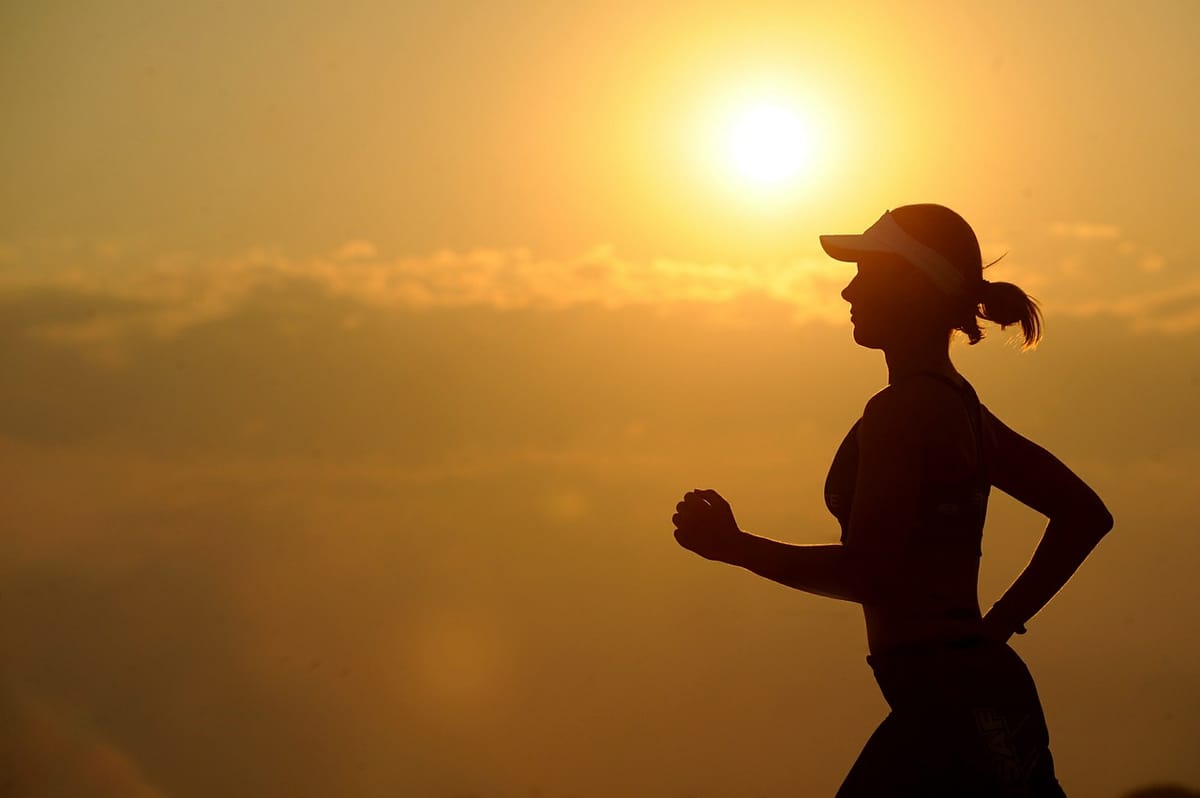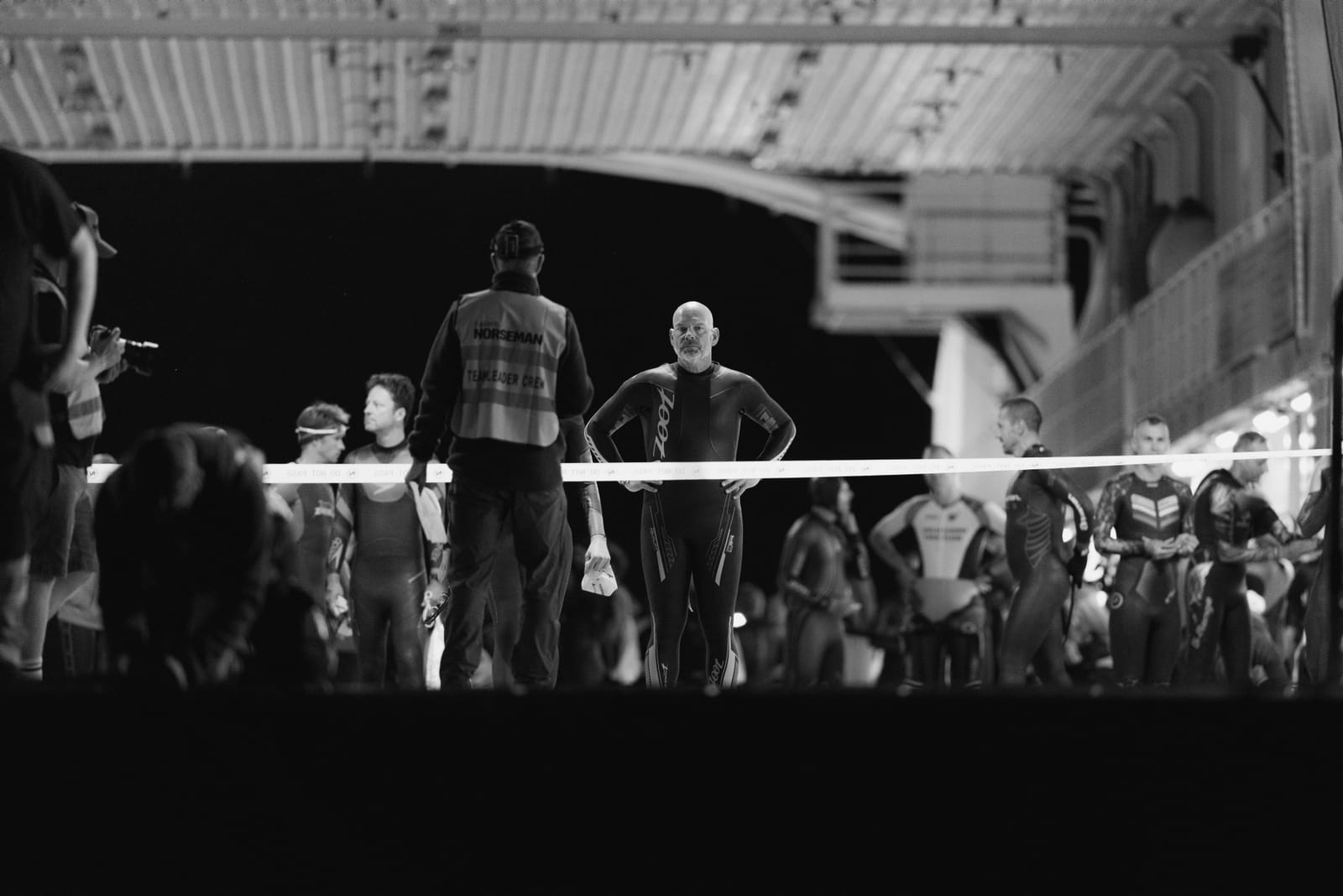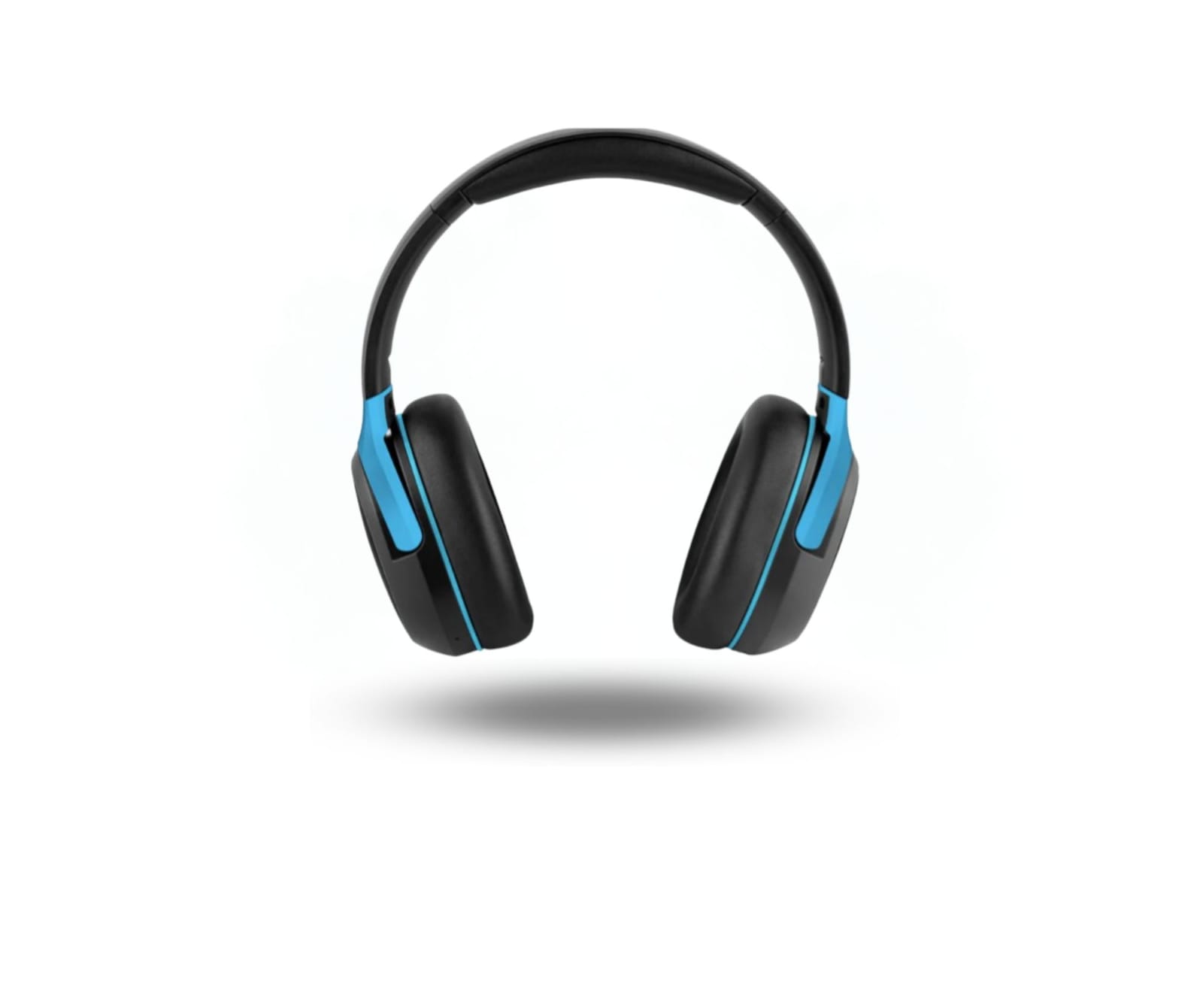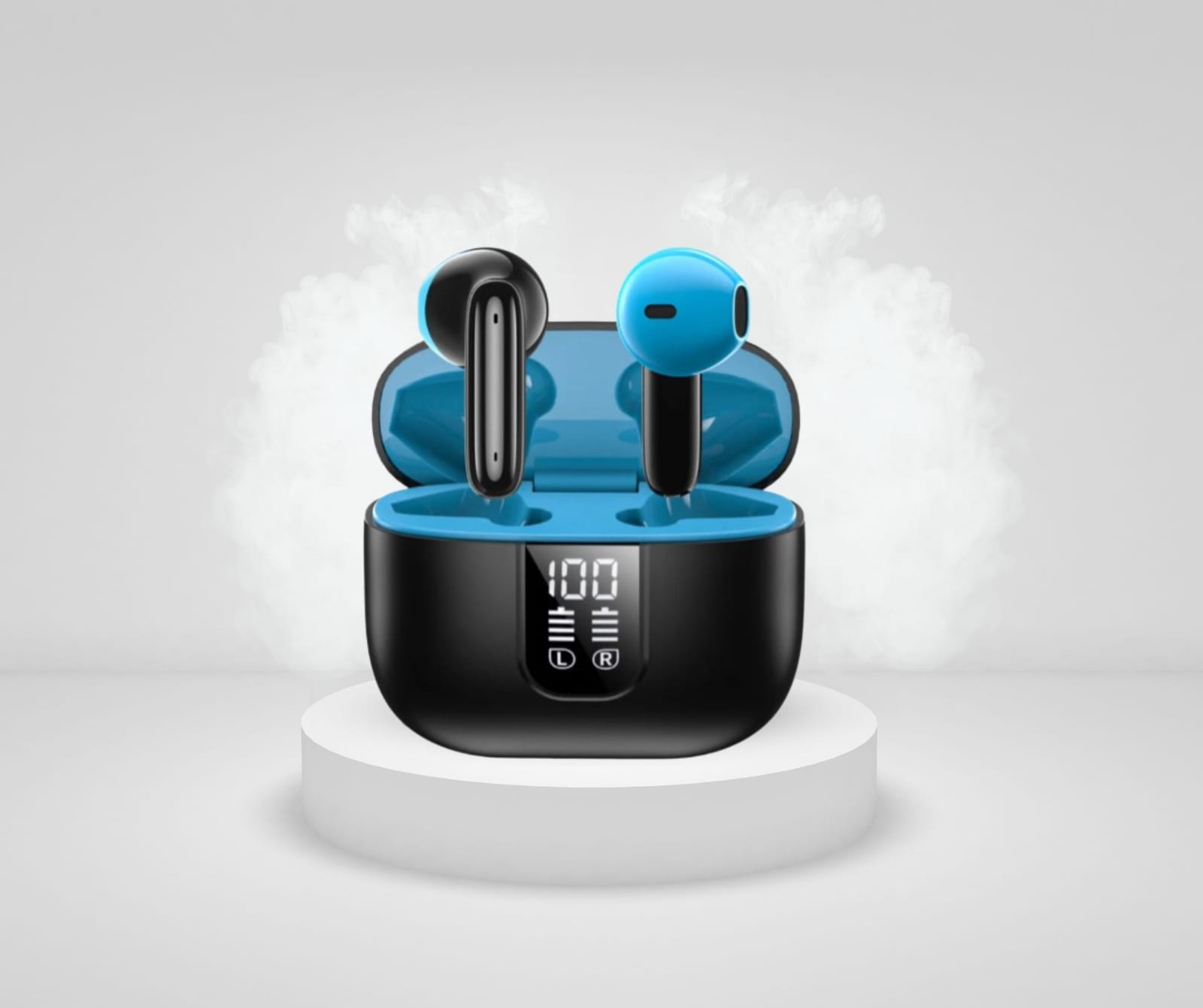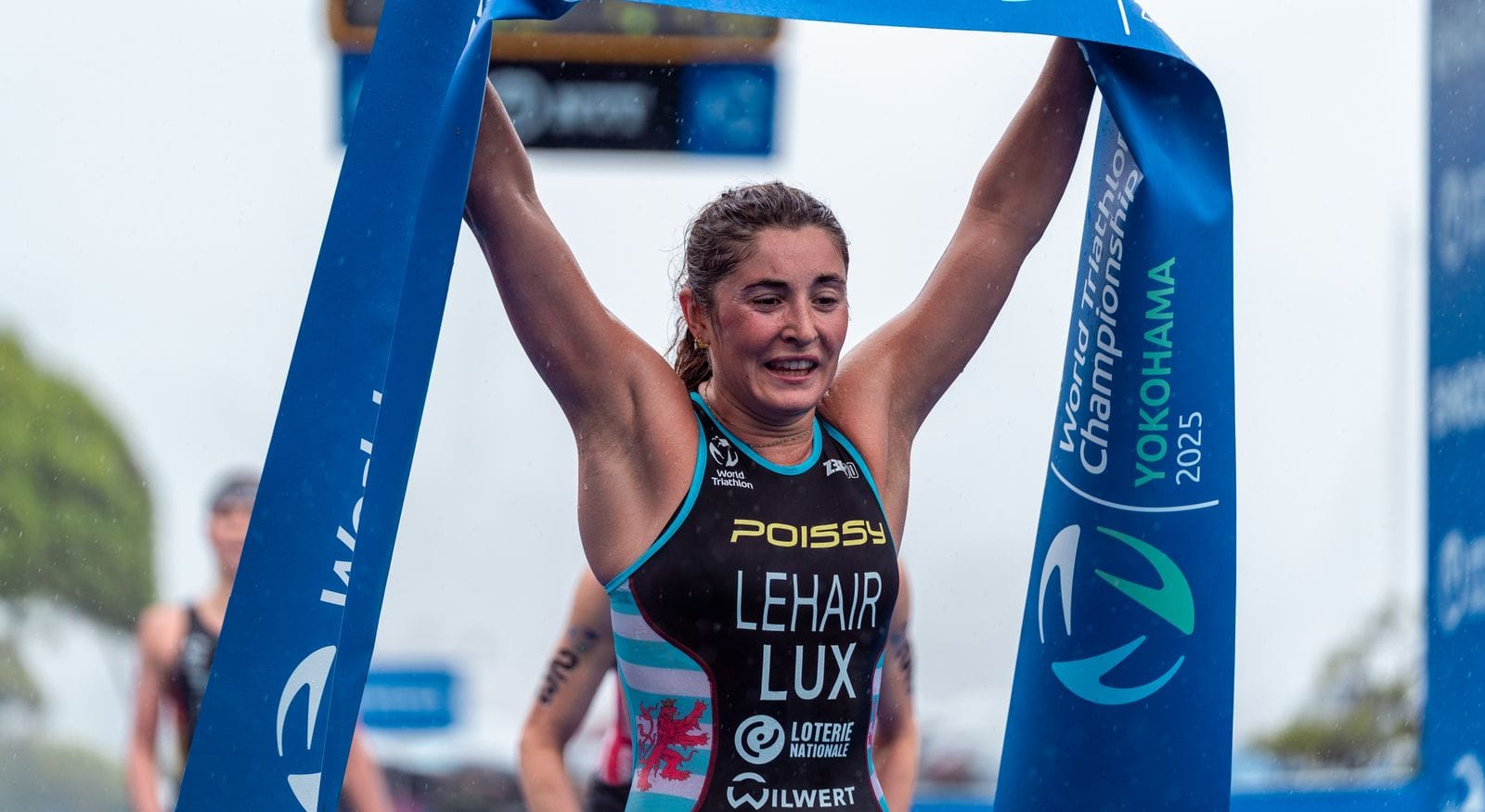Luke Willian’s coach Warwick Dalziel has some serious insight into motivating young athletes. After Luke placed 3rd in the U23 ITU World Championships in Rotterdam, Trizone caught up with Dalziel to uncover his coaching secrets.
About Luke
“Luke was always a fairly uncoordinated kid,” said Dalziel laughing, “but he was always really talented. When he was 13, he already had a talent for endurance sports, and he was naturally good.” When Willian started training with Dalziel, his talent was overshadowed by his inexperience with racing. “We did skills work with him and raced the national series races. He’d never swum in proper races before, so he had to learn how to swim for triathlon. Yep, really learn how to swim from scratch” said Dalziel.
“There’s plenty of natural strength and some natural development to come.”
Now though, Luke is an impressive athlete, and he still has plenty of room to grow. “Luke grew over one centimetre in Europe,” said Dalziel, “that’s what makes it exciting. There’s lots of scope for him to get faster.
Luke’s brother and his entrance into triathlon
“Luke started triathlon because his younger brother wanted to try it,” said Dalziel. “Even now, they’re very close and very supportive of each other’s goals. There are even times where they will train together,” said Dalziel. “When he was waiting for drug test results, Luke called his brother for half an hour. That’s just what they do, and they’re always chatting.”
Luke Willian and his family are very close, and it’s this support that resonates into his training. “The family aspect of Luke’s training resonates through the family. His loyalty to them also goes through the relationship with me,” said Dalziel.
Exposing Luke to overseas triathlon creates a champion
Exposing a young athlete to the glitter of overseas racing is essential, but it needs to be at the right level and right times. “It was a matter of being slow and steady, and exposing him to European racing slowly,” said Dalziel. “It’s such a different level to Australian racing. There are so many countries and so many people. Exposing young athletes to lots of teaching techniques, race skills and how good and desperate to be good you need to be to have a shot at being an elite triathlete,” said Dalziel.
When Luke was only 16, Dalziel was training Ron Darmon, an Israeli Olympic triathlete in his squad. “Luke saw what Ron was doing, and saw what it takes to be a top athlete. He spent a lot of time learning what it takes to be a top athlete.
“When Courtney Atkinson made his comeback, he did some sessions with our squad and learned from him. He spent time with a French team with Laurent Vidal and also with the Wollongong Wizards and Jamie Turner’s squad exposing to lots of different triathletes,” said Dalziel.
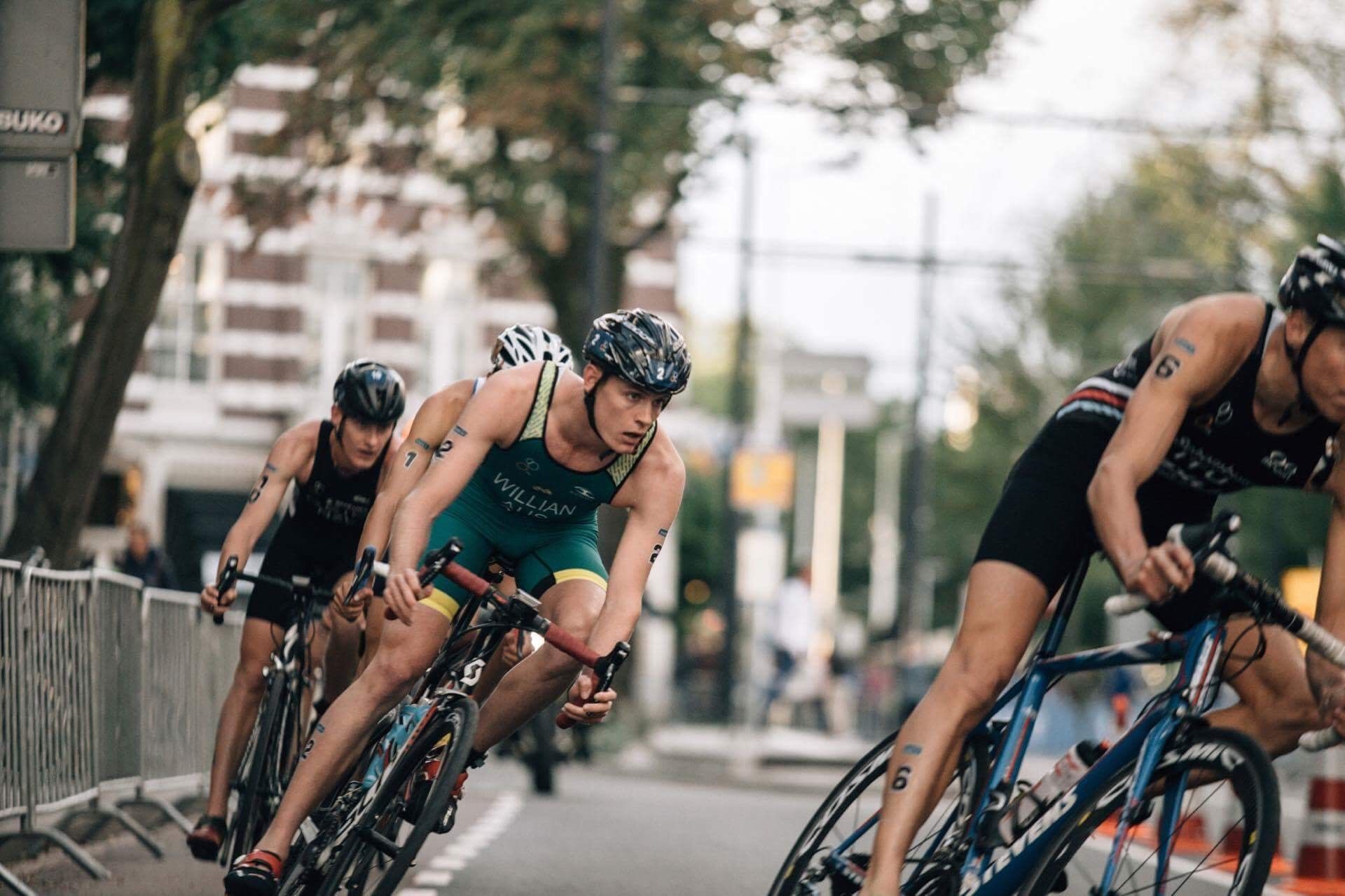
“I just wanted to make sure he had a full-spectrum, worldly view, more than just an Australian view. Not that there’s anything wrong with Australian triathlon,” added Dalziel quickly, “it’s just good to have that international view.”
Seeing the way others train helps young athletes gain an open mind, however, Dalziel is clear not everything in his method can be changed. “There are some non-negotiable things we do,” said Dalziel, “but I want him to learn there is a whole world out there, so he’s not stuck.”
Willian is an incredibly keen athlete
Luke Willian’s motivation to power through a tough training session is impressive. “When I’d decided the guys in the squad could do an easy ride, they all wanted to do a crit [criterium] race instead. So they did!” said Dalziel, “they didn’t even want to have an easy session.”
“It’s so much better that training sessions are athlete-driven rather than coach-imposed.”
Dalziel is still sometimes surprised by how keen Willian can be. “Before Mooloolabah, I was away on holiday with my wife, and Willian was at home training. He had a few 120km hill rides to do,” said Dalziel. “He’d done four of them in just ten days. I was away, so I wasn’t even driving it. I knew we were in for a good season.”
Penalties not enough to ruin on Montreal
Getting stuck with a penalty is frustrating for any athlete, but the experienced junior athlete Willian powered through. “He got a bit tensed and stressed. He took the penalty early on lap three, then recovered. He raced really well. Knowing he raced really well in Montreal was great mentally, even though he finished 17th he was not far off the day .”
How good was Willian’s race in Montreal? It was his first Olympic distance WTS race, he had the 10th fastest 10 km in 32.00 – so he was within 1 min of the best guys in the world on his first go,” Dalziel told Trizone beaming.
Recovery is key to young athlete
After our chat to Matt Dixon of Purple Patch, it’s evident recovery is one of an essentially modern aspect of triathlon training, and Dalziel knows it too. “We’re always adapting our recovery process,” said Dalziel. “Luke is outstanding like that. If work goes up, recovery goes up.”
Instilling the importance of recovery is vital for young athletes, said Dalziel. “Luke was exposed to water running, ice baths and recovery from a young age, so it becomes natural.”

Physical recovery has its place, but mental recovery is just as significant to young athletes. “A lot of young athletes, especially junior guys, find it really hard to turn off,” said Dalziel. “We try and make sure they do something else. We play half-court basketball or bocce. Anything that’s not triathlon. Some of the athletes are studying business, so they study to switch off.”
Some athletes can be switched on 24/7, but some can’t. “Luke needs breaks. He schedules in time to see his girlfriend, to go to the movies and make sure there’s a plan around rest, and a routine.”
“We never train Sunday afternoon so there’s family time,” said Dalziel, “it’s important to do it young so when you’re older it’s part of your daily practice.”
Reserving time for fun and family at a young age helps solidify good habits.
Rotterdam and finishing third
After finishing preparation for Hamburg, Luke Willian moved from 50 small sprints, towards 100. “We zoned in on it after Hamburg,” said Dalziel, “running work went from shorter to longer intervals. Rather than 5km pace, we were running at 10km endurance speed.”
Montreal had been a great result mentally, and Dalziel was encouraging Willian to transition from intensity and to come back to volume. “We said – OK, where do we want to be and where do we need to go?”
Willian had a few more rest days leading into his taper for Rotterdam. “We went back into a constant pace, had some extra massage, and trained one session a day rather than three. Luke got a few sleep-ins” laughed Dalziel. “We went to our run sets; standard long pace run sets. That’s 14-15km of running. We did them off distance markers, and then we just tried to shut it down.”
After flying up to Rotterdam on Tuesday, the coach and athlete duo snuck out of their hotel and had a look around the course in the middle of the night. “The next day we had lunch with squadmate and fellow U/23 athlete Matt Roberts (trains with us in Warwick Dalziel triathlon coaching) and Mick Delamotte. We laughed. We talked about baseball, state or origin [rugby] just nothing to do with triathlon. Then he went out and raced,” said Dalziel.
“For Luke, if he’s too focused and not relaxed enough it doesn’t work. He knows what he has to do.”
Dalziel’s strategy works, as Willian stormed to the finish of the U23 ITU World Championship in third place in 1:51:48, Willian was just 20 seconds behind the leader Rachael Montoya. One would wonder given that Luke had to take a 15s time penalty when his cap was lost off his head – so he would have been much closer. A 1.51.48 would have been good enough to get into the top 5 of senior men the next day (different conditions but same course) and a 31.25 (no penalty) would have been a top 10 senior men – so hopefully transition is soon.

Third place is a great result, but when you take away the penalty, it’s world class. “Luke took at 15s time penalty at world championships when his cap was lost off his head – so he would have been much closer,” said Dalziel.
“A 1.51.48 would have been good enough to get into the top 5 of senior men the next day (different conditions but same course), and a 31.25 (no penalty) would have been a top 10 senior men, so his times are already up there,” said Dalziel.
What young athletes do the hour before a big race
Food. Yes, it’s that’s simple, almost. “For Luke, it’s all about the food after the briefing,” said his coach. “As far as what we talk about, we keep it simple. If we’re not clear one month or one week out, I think you get distracted and you panic, so we’re always clear.”
“Some athletes need that rev up before the race – some athletes respond to that. That’s not what works for Luke.”
Dalziel customises his approach to each athlete. “If the athletes need to listen to Eye of the Tiger before the race – that’s what they do. If they need to be quiet and calm before the race, that’s what they do,” said Dalziel.
Noosa and Bribie Island to be Willian’s final 2017 races
“He’s done Noosa twice, and he’s keen to go with the big boys like Aaron, Ryan and Dan,” said Dalziel. “It’s an iconic race and has a lot of prestige. It’s one of the races Luke has on his bucket list that he’d like to do well in.”
To prepare for the infamous Aussie race, Willian will be going over the course details with Dalziel, preparing for the temperatures on the day, and getting ready for the U-turns and technical elements on the bike. “Triathlon Australia with Jamie Turner ran some bike sessions and we did some of those with fellow Waz squad member and U/23 rep Matt Roberts, Matt Hauser, Ryan Bailie, Brandon Copeland and a team of athletes to get used to the course,” said Dalziel.
Two weeks before Noosa, Willian will race at Bribie Island, a fun Queensland race. “He likes local races where he can have a good meal before, and get out there,” said Dalziel.
After Noosa, there’s not a tremendous amount of rest time for Willian. “We don’t have a huge offseason,” said Dalziel, “some sessions might be easy though, like going to Burleigh Beach and having a run and a swim, without me there.”
Once the squad is mentally recovered, it will be back to work for 2018.
“With young athletes, I find if they have a big off season, they go back into load too quickly,” said Dalziel. “They end up injured, it doesn’t work.”
With incredible insight into the psyche and needs of young, developing athletes, it’s clear Luke Willian and coach Warwick Dalziel are a fierce team. All eyes will be on Willian at Noosa to see how he does in a strong field, with fingers crossed for a solid 2018.



